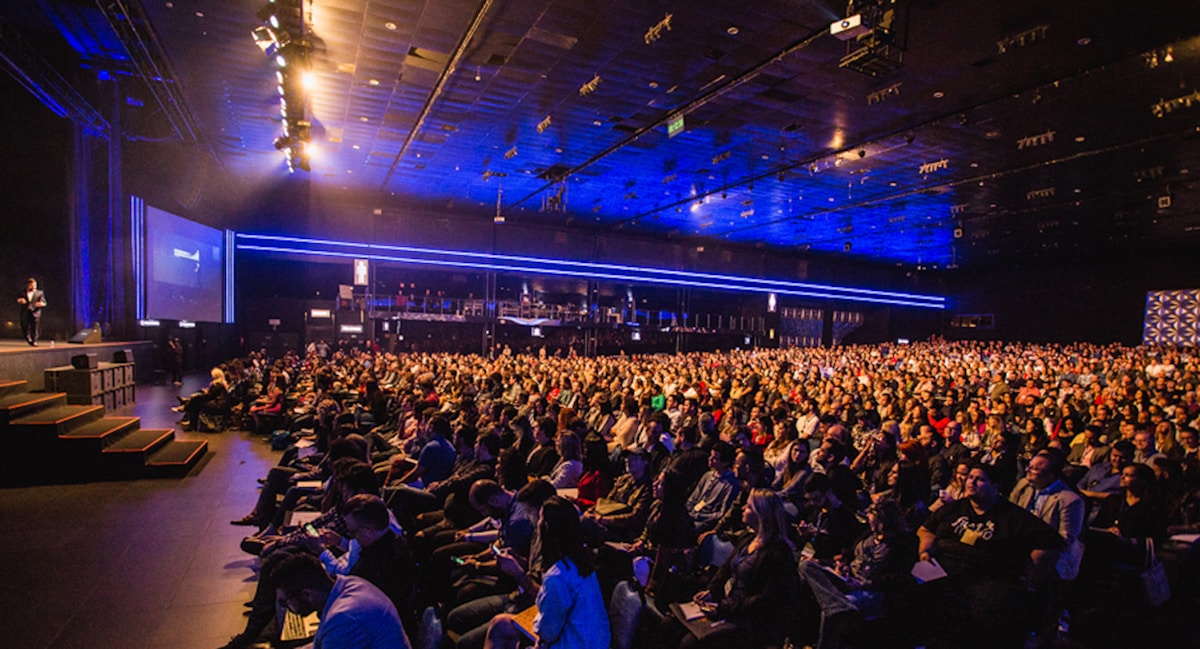Training for better media engagement
We live in a world where people are influenced by what they read in the newspaper, see on the TV, or hear from their friends.
The ability for media toshare information instantly across multiple platforms means executives areunder intense pressure to achieve positive media interactions and get them right first time. Having the ability to answer questions on specific details with assertiveness and confidence can mean the difference between reputational loss or gain.
This is where media training comes in.
Since the media plays an important role in shaping the perception of a company, how messages are communicated in print, online, TV, and radio, the better their chances are of being seen in a positive light. Media training teaches designated spokespeople how to prepare and respond to media enquiries.
Senior executives are the face of a company and need to present themselves confidently, naturally and polished in front of the media and at public speaking events.

Whether in person, over the phone, via video, at a product launch, press conference or at an event with media present, talking to a single journalist or a group of reporters can be a stressful experience.
For a TV interview, for example, interviewees often have an earpiece where questions come in from an unseen anchor, there's another anchor sitting in the studio and answers are made to a camera. Even after the first time, this format can be disconcerting.
At a public event or a town hall, message delivery is just as important and the spokesperson has to demonstrate why he/she acts as the corporate communicator.
One poorly explained answer may result in a ship wreck and require considerable time and effort to salvage corporate and professional reputations.
5 Mistakes that can ruin an Interview/Public Speaking Opportunity
1. Relying on non-answers,e.g. ‘I don’t know”, or ‘no comment’
2. Talking too much
3. Being unprofessional indress, attitude, posture and timeliness
4. Checking the time,reading phone or email messages during the interview
5. Being unprepared
Don't Risk Ruining Reputation
There are many, many ways to self-sabotage a media interview and ruin an opportunity to share your message to the public. A poor interview performance may even reverse the positive perception about a company, cause reputational damage, and require significant time and effort to get the company back on track.
Making a good impression, delivering the story you want the media to write about, how to deflect hostile questions, all while ensuring the company reputation is protected, comes down to media training. This focused training teaches executives the steps required to ensure a media engagement is professional and persuasive.
Speaking to the media requires a special skill to convey positive news and handle hostile questions or criticism from reporters. Spokespeople need to be ready to provide early responses to any negative coverage, misinformation, or rumours.
They need to be ready to deliver a polished performance and communicate with confidence in an environment they control even if, such as in a crisis, information is scarce or contradictory.
The ability to share across print, online, radio, TV, social media in a few seconds means there is evenmore pressure for the spokesperson to be on message.
Reporters may livestream, share an answer in a tweet, on Facebook, or as an alert to get attention before the longer story is published all while the interview is continuing.
Having to walk back a statement, giving the wrong statistic can mean a good story being buried with retractions and clarifications. Some media may not even carry a walked back statement.
Worse, readers may only see the first story and form an opinion based on 'wrong' information that came from the official spokesperson of Company A.
Media Training Programmes
By teaching executives howto handle themselves in front of a camera, and how to respond to soft, hard and '64 million dollar' questions, and be critiqued every step of the way. This provides a foundation appearing in the media spotlight and how to engage, deliver and interact with journalists.
Usually a half or full day training is offered with senior executives receiving training one on one. To make the experience realistic, practice sessions include ambush interviews, a press conference and mock TV and radio interviews. Sometimes a freelance or ex reporter is on hand to add even more realism.
The training also covers crisis interviews, message creation, message management and delivery, and practice in dealing with hostile questions.
5 Reasons Media Training is Important
1. An interview you give will be seen, heard or read by your boss, colleagues, customers, partners, regulators, competitors, analysts, shareholders, journalists, investors, future employees and employers, your family, and more. Knowing how to control an interview, recognising traps, speaking with authority, and communicating the brand's messages are all based on a media training foundation.
2. When a crisis hits, information is often scarce or contradictory and media will want to speak to a spokesperson right then and right now. Spokespeople need to be able to respond at a moment's notice and be prepared.
3. Print, online, bloggers, TV and radio interviewers want a story and a poorly executed interview will result in a less than desirable outcome
4. Helps to increase confidence and assertiveness for media enagements and public speaking
5. Stories are shared across multiple platforms in seconds putting more pressure on the spokesperson to give a polished performance every time.
If you are interested in booking in a media training session or want to learn more, please contact eight@eightpr.com

